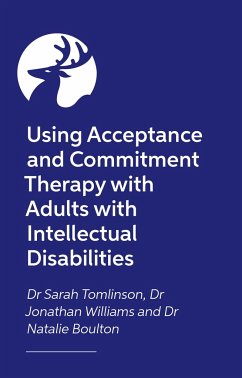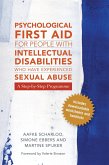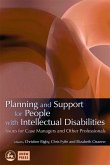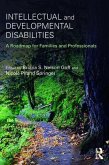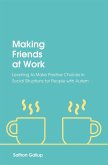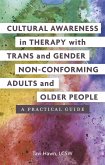An ACT-based guide for practitioners working with adults with intellectual disabilities, with the aim of fostering self-advocacy and individual empowerment and centring their needs. With case studies and ideas for exercises, this is a clear roadmap for accessible ACT interventions.
Hinweis: Dieser Artikel kann nur an eine deutsche Lieferadresse ausgeliefert werden.
Hinweis: Dieser Artikel kann nur an eine deutsche Lieferadresse ausgeliefert werden.

